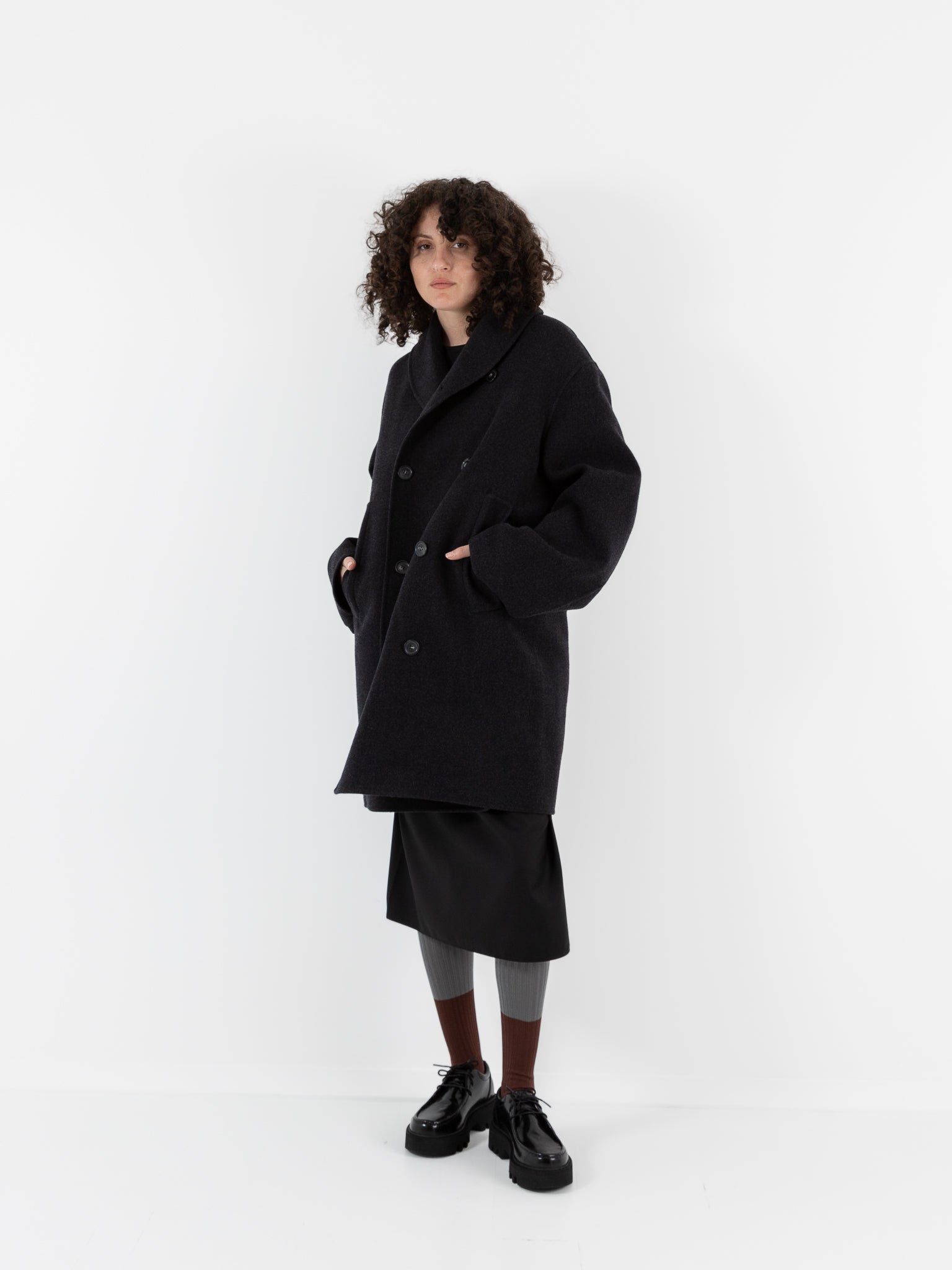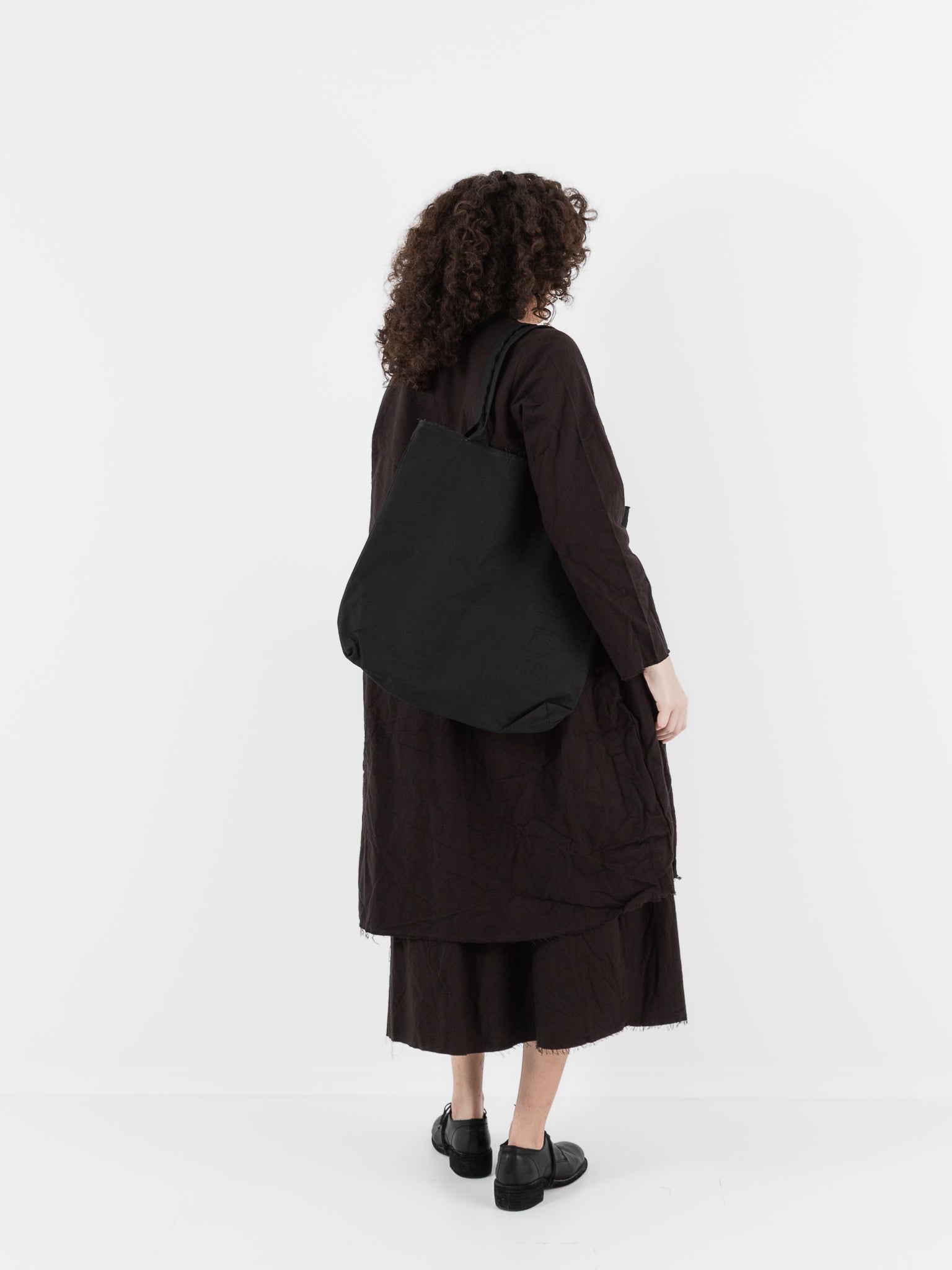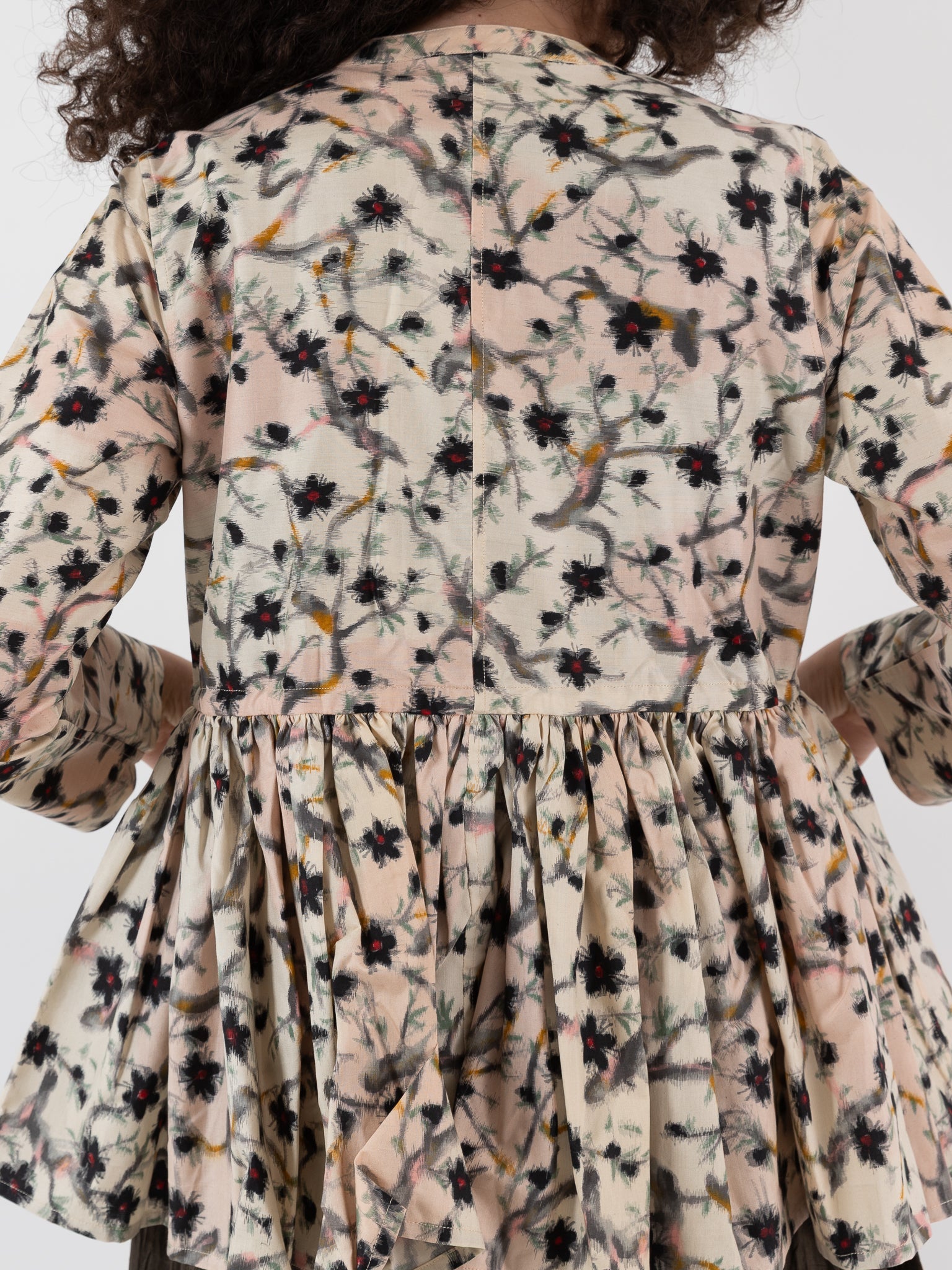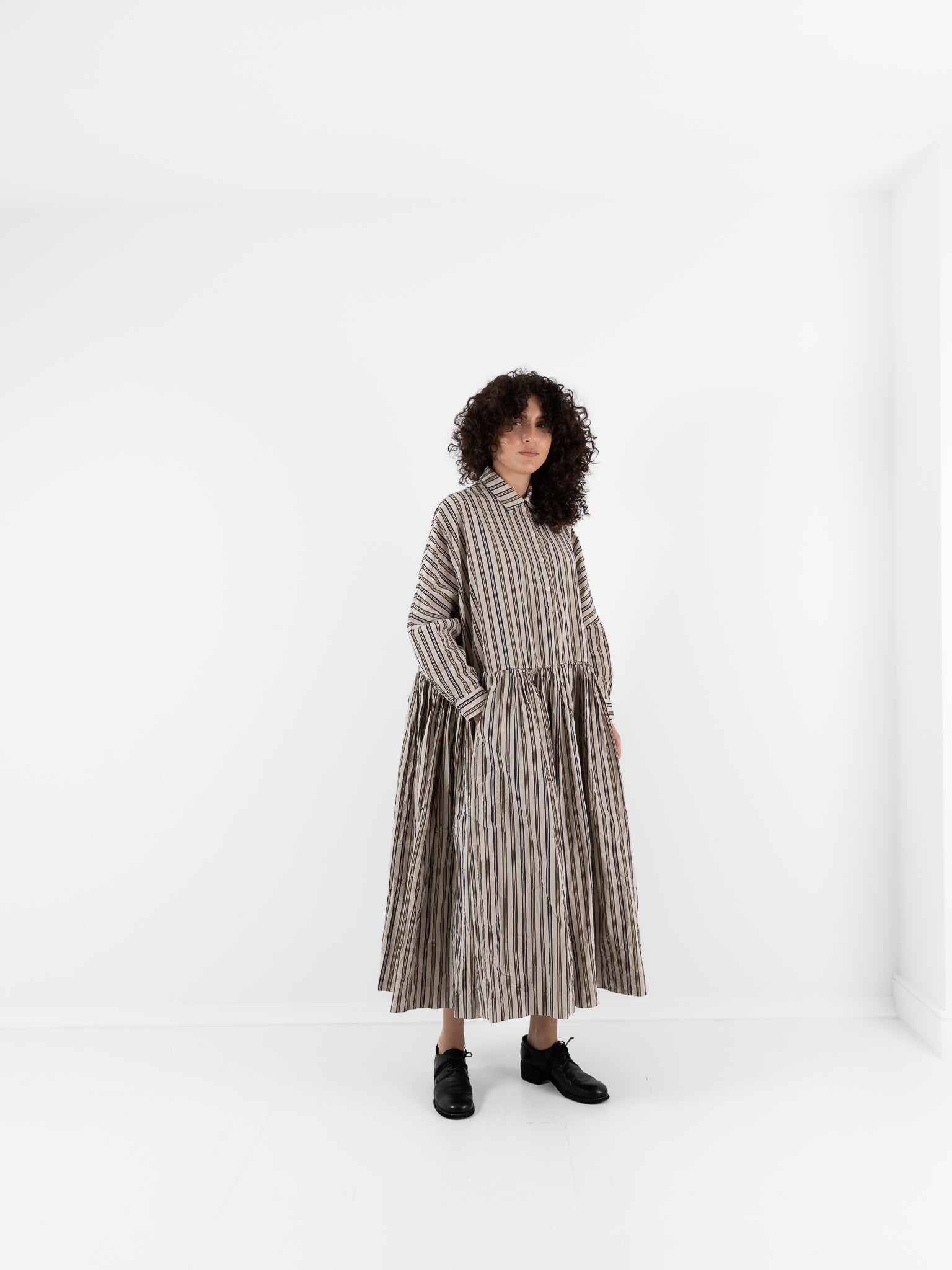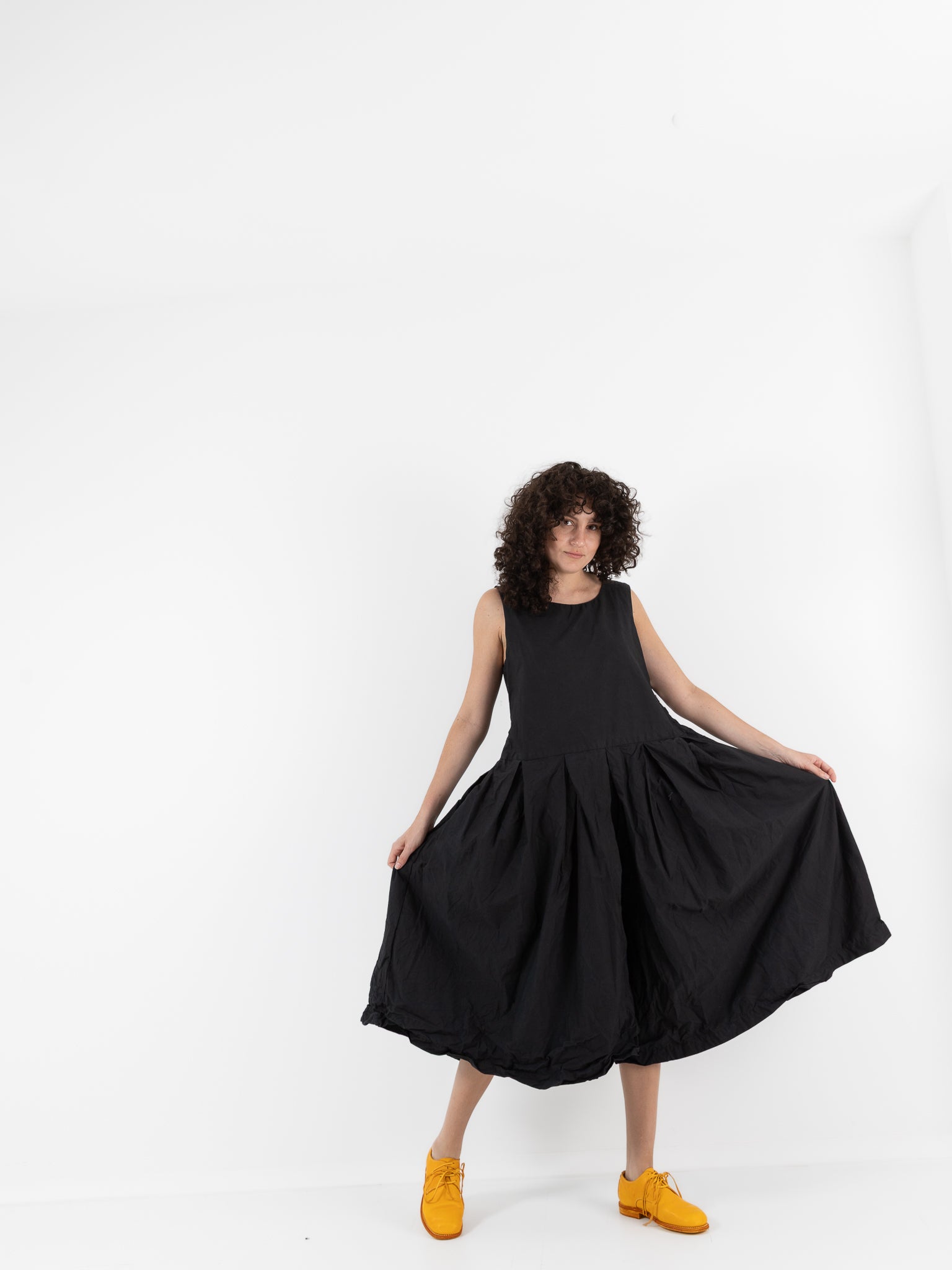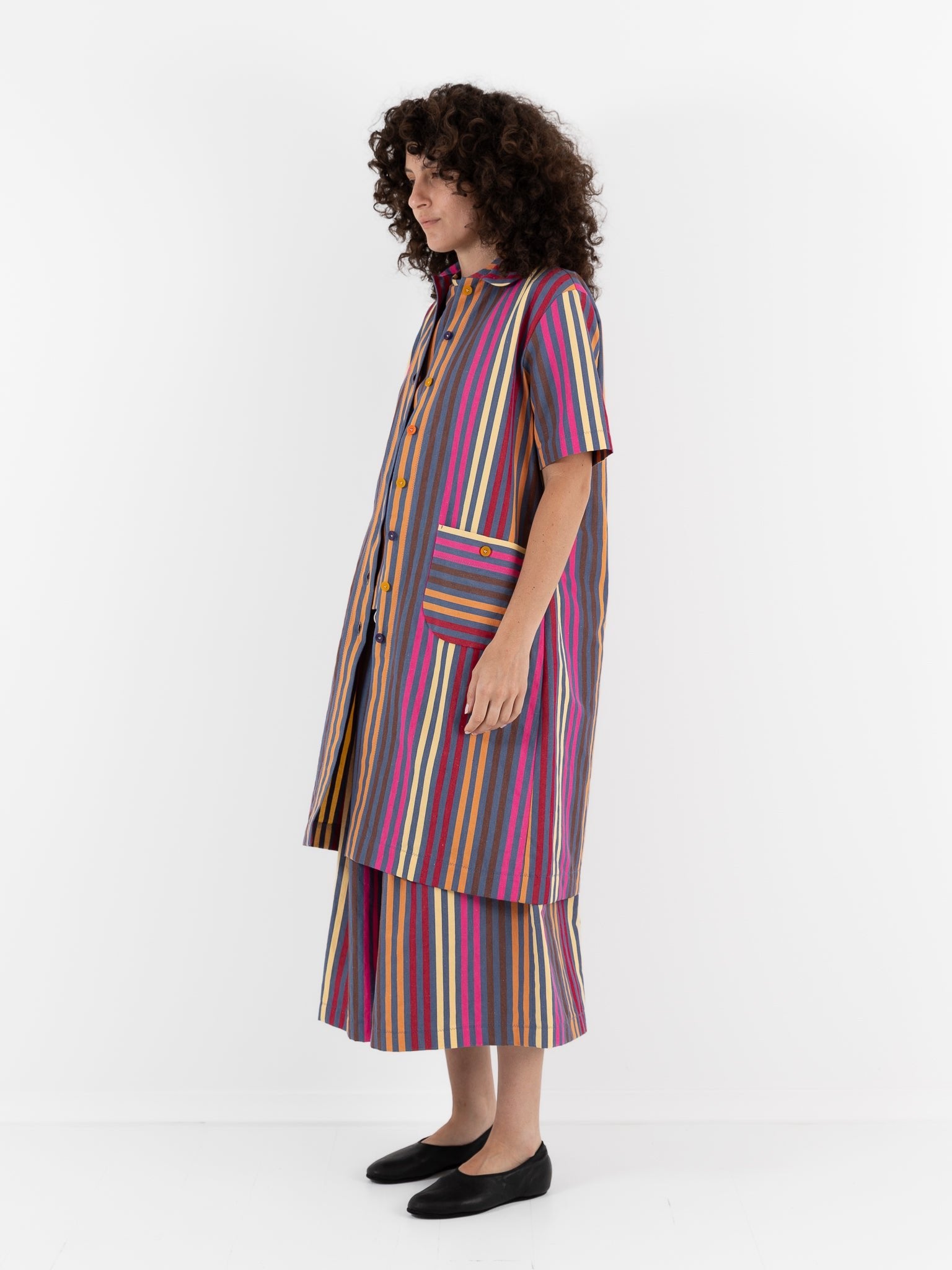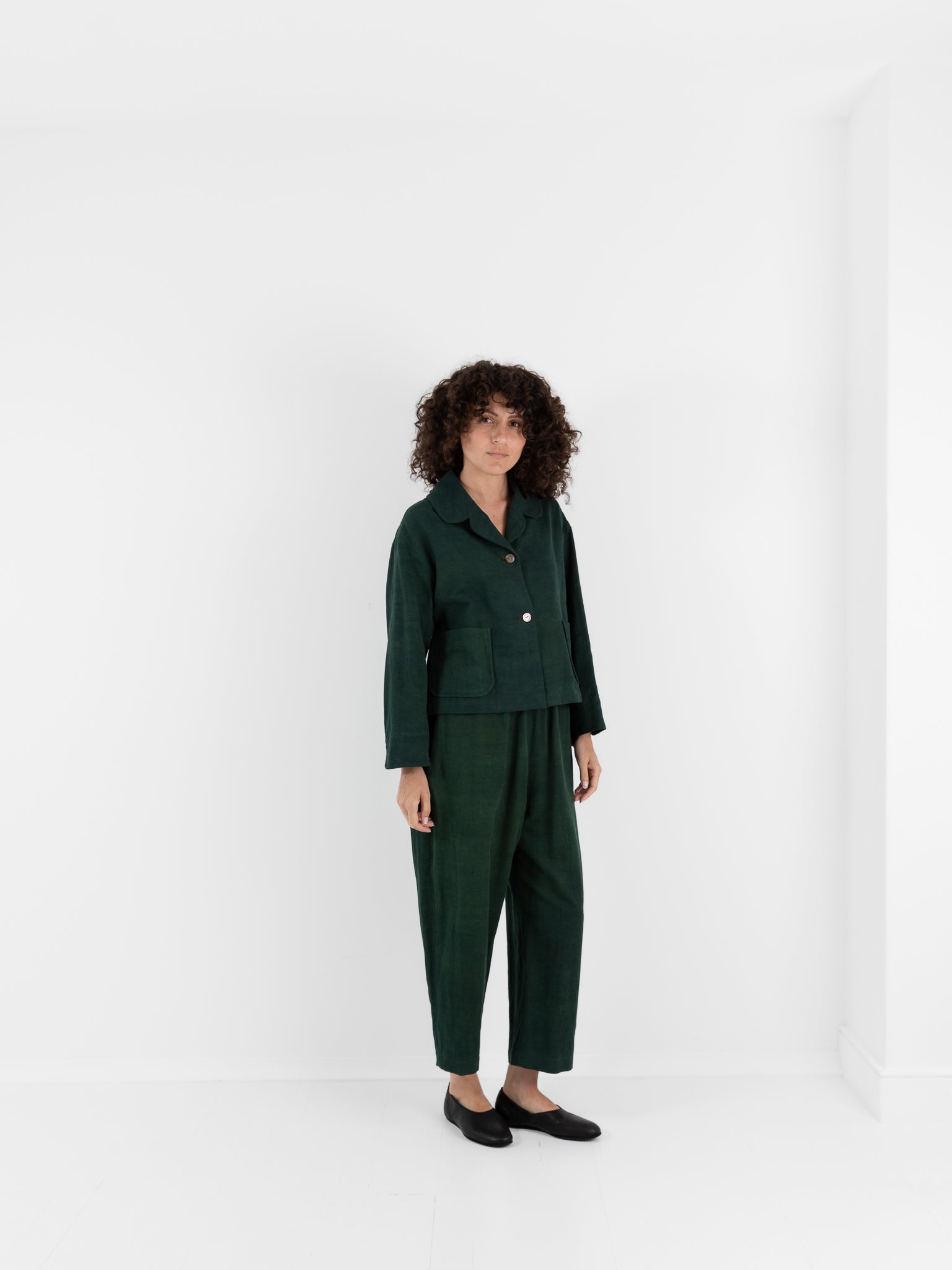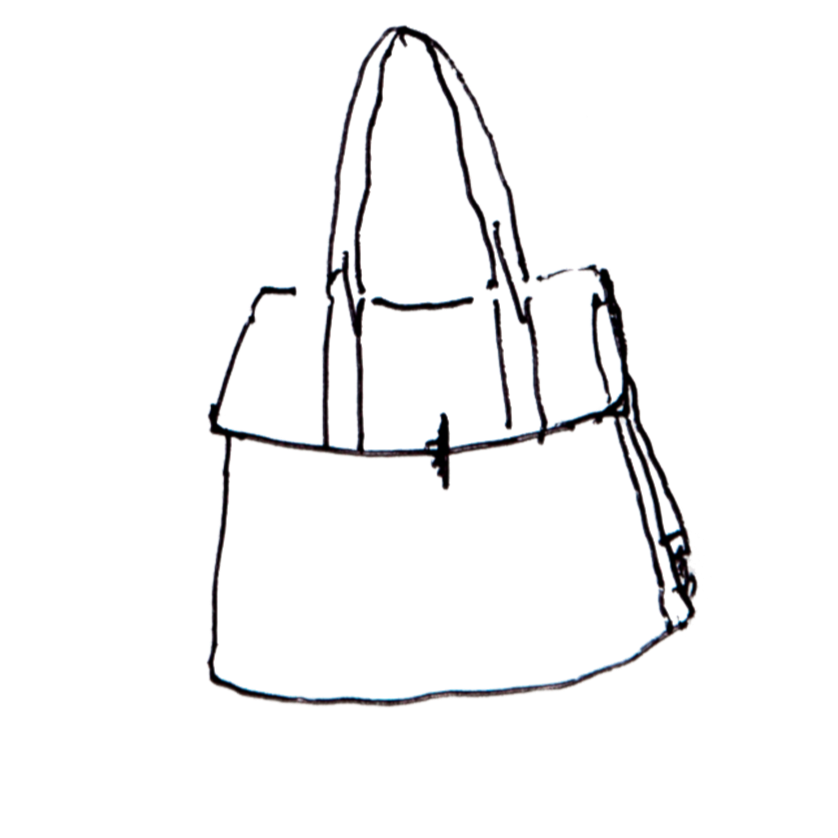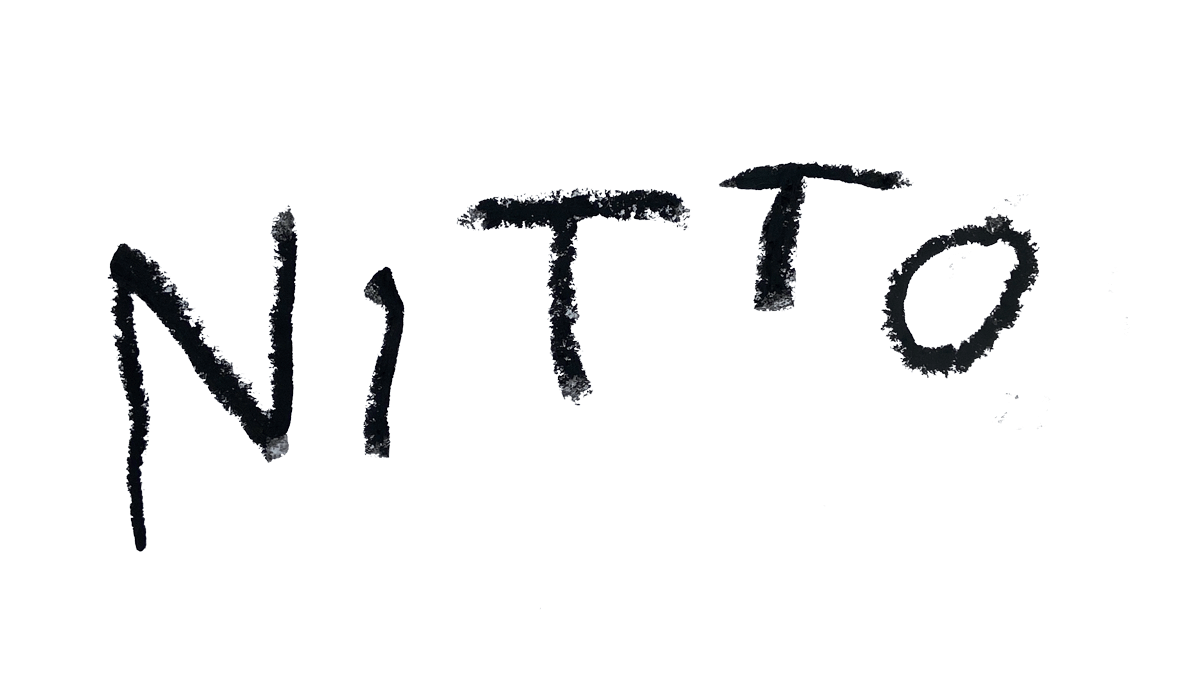
Everything in Giorgia's collections is handknitted or hand sewn, and produced in very small batches with a dedication to sustainability with zero waste production. All excess and cast-off is reused in clothes, accessories, or packaging. A Nitto sweater can require up to 50 hours of work, and the handwritten tag includes the name of the person who made the garment.

Junji Koike is driven by sustainability and environmental consciousness. His bags are distinguished by exceptional leather treatments and buttery-soft finishes. He draws upon the crafting traditions of 18th century Europe, and often repurposes antique jacquards and Japanese kinsha silks from the mid-1900s in his clothing collections.
Paris-based Gareth Casey is heavily inspired by workwear, using the finest milled traditional fabrics in his collections. He is perhaps best known for his signature paper cotton fabric, an absolute necessity around the shop with its soft hand and beautifully wrinkled appearance.
Each garment is finished with a hand sewn red thread, a Casey Casey trademark and a nod to the meticulous construction and attention to detail on all of their garments.

Bergfabel designer Klaus Plank draws his inspiration from the cultural roots of his Italian heritage, specifically the traditional attire of South Tyrol in northern Italy. Plank skillfully infuses modern silhouettes and cuts into these time-honored styles, resulting in a collection that exudes an ageless quality.
Plank's relaxed and easy-going clothes are distinguished by incredible attention to detail and craftsmanship.

From developing a pattern up to attaching buttons, everything is done by Christian & Gesine Riegler of Der Antagonist, both of whom have worked alongside the great Florentine hat maker Reinhard Plank.
By carefully selecting high quality natural materials and making each piece in their studio, they are improving their contribution to a better and sustainable environment.



